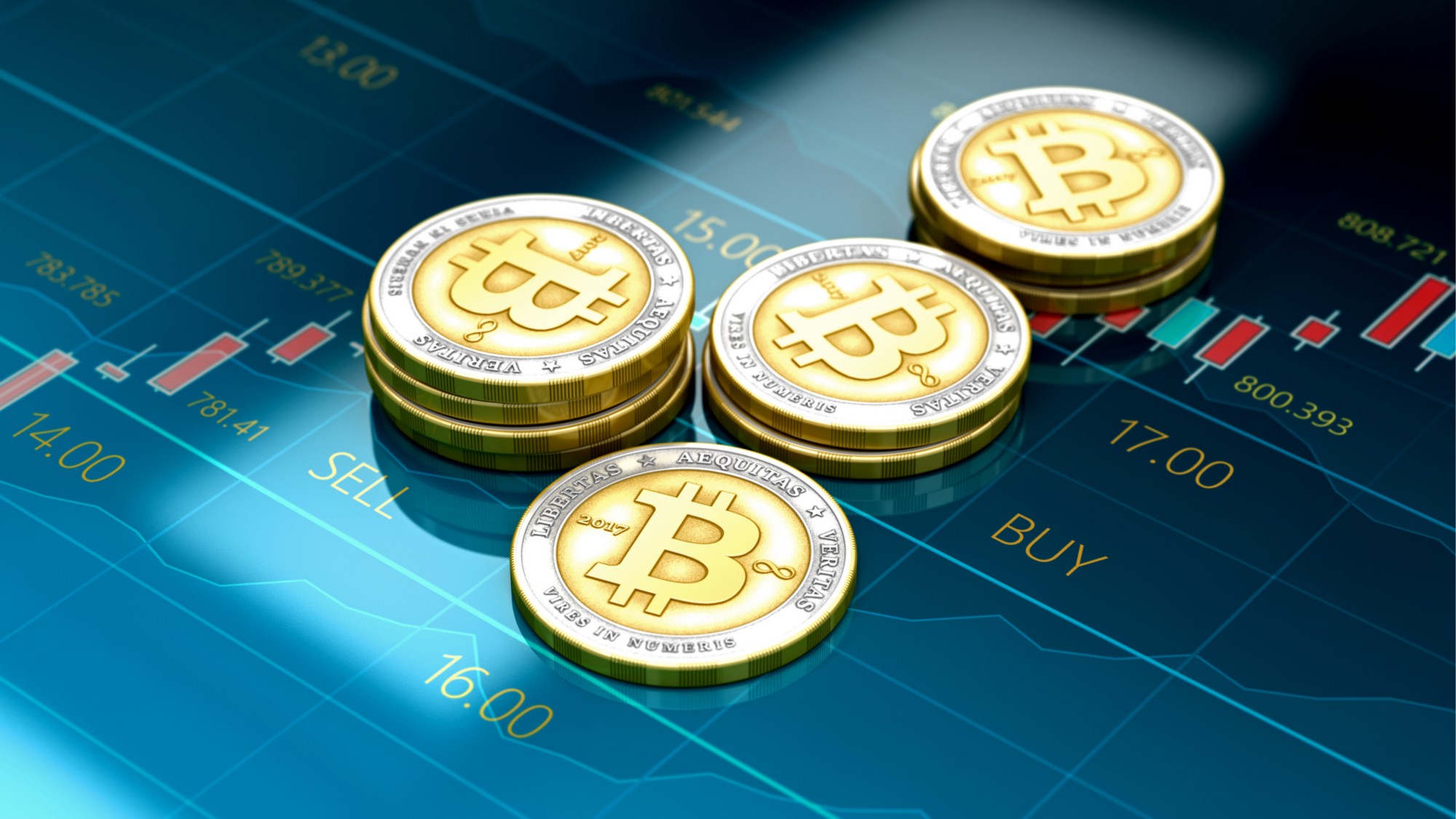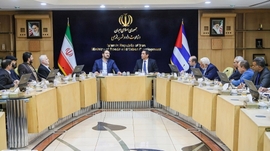Iran’s economy will be adapting the worldwide first decentralized digital currency known as Bitcoin.
“The ministry of communications and information technology has already conducted a number of research studies as part of efforts to prepare the infrastructure to use Bitcoin inside the country,” Iran’s Deputy Minister of Information and Communication Technology, Amir Hossein Davaee said in an interview with Shargh newspaper on October 25.
In June, Iran’s National Center of Cyberspace drafted a proposal for regulating digital currencies, which is expected to be accepted by the High Council of Cyberspace within the next four months. The draft proposal was prepared using studies conducted by the Central Bank of Iran, the Majlis Research Center, the Security and Exchange Organization, the Telecoms Ministry and the police department of Iran.
Bitcoin is the world’s first decentralized digital currency. Its digital payment system works without a central banking repository and does not rely on a single administrator. The system is peer-to-peer, meaning financial transactions take place between users directly, without an intermediary. The transactions are verified by network nodes, and recorded in a publicly distributed ledger called a block chain.
Referring to the economic aspects and infrastructural measures required to start using the cryptocurrency, Davaee said, “We, as the main center in Iran dealing with the country’s technology developments, have taken very seriously the issue of preparing the infrastructure for the new currency.”
The use of cryptocurrencies has raised concerns among bankers and governments, who essentially lose all control over the new means of financial exchange. The legal status of cryptocurrencies is still developing, and varies from country to country.
The Iranian government began working on its regulatory framework for digital currency in 2013, when Bitcoin trade in Iran was limited to just a small number of exchange websites and online markets.
“We had come up with five scenarios for regulating digital currencies in Iran,” the NCC’s deputy for regulation, Saeid Mahdavioon, said in June 2017. “National Center of Cyberspace’s (NCC) Commission for Regulations has favored a scenario that focuses on taking a lawful approach to make the best use of digital currencies,” Mahdavioon said.
Iran’s NCC considers itself the main body responsible for regulating digital currency, but some experts believe the Central Bank of Iran is better positioned to monitor the market.
“Bitcoin activities include money creation, so the Central Bank of Iran needs to set the ground rules and supervise related activities, otherwise this would disrupt the economic cycle,” Faramarz Khaleqi, the CEO of Bank Melli Iran's informatics company Sadad said, according to reports in the Iranian English-language news outlet Financial Tribune.
Iran’s interest in using cryptocurrencies for financial exchange goes beyond an interest in technology and futuristic enterprises. The use of a decentralized currency that is not pegged to any institution or country is a matter of practicality for a country that has been hard-hit by years of sanctions imposed by the U.S. and the international community. Sanctions have meant that Iran is cut off from a global financial system that is primarily pegged to the U.S. dollar.
On January 29, the Governor of the Central Bank of Iran, Valiollah Seif, announced that the U.S. dollar will no longer be used in Iran, as a response to U.S. President Donald Trump’s controversial temporary travel ban, which included Iran. Seif’s comments reflected the view that the Iranian government intends to terminate the usability of American dollars in Iran, and replace them with a stable reserve currency that can be used in foreign trades.
As moving away from dependency on American dollars is in Iran’s economic and financial interests, Bitcoin has emerged as a potential replacement, especially as the Trump Administration in Washington continues to threaten Tehran with more rounds of sanctions. More sanctions will only further limit Iran’s access to the U.S. dollar and global banking, making Bitcoin all the more attractive to the Iranian government, businessmen and citizens.
According to The Cointelegraph, Iran could become one of the world’s biggest Bitcoin markets, with its market of over 50 million Internet users. Iran’s first Bitcoin exchange, BTXCapital, was launched in August 2015, and entered the Iranian financial market with an aim to provide a more reliable and secure alternative to peer-to-peer trading platforms such as CoinAva and LocalBitcoins.
Bitcoin and other cryptocurrencies could be used to send funds to Iran, where they would be converted into the national currency, the Iranian rial, and used to invest in publicly traded companies on the Tehran Stock Exchange.
On Monday, October 30, the price of Bitcoin hit an all-time high of $6,345 for one Bitcoin, as the market continues to reflect optimism towards using cryptocurrencies.







 As of April 27, additional 48 bodies were unearthed in the liberated lands of Azerbaijan, bringing the total count of discovered remains to over 600.
As of April 27, additional 48 bodies were unearthed in the liberated lands of Azerbaijan, bringing the total count of discovered remains to over 600.
 U.S. Secretary of State Antony Blinken reiterated Washington’s unwavering support for the ongoing peace process between Azerbaijan and Armenia in a...
U.S. Secretary of State Antony Blinken reiterated Washington’s unwavering support for the ongoing peace process between Azerbaijan and Armenia in a...
 President Ilham Aliyev shed light on the evolving contours of the peace process with Armenia during an international conference in Baku this week. ...
President Ilham Aliyev shed light on the evolving contours of the peace process with Armenia during an international conference in Baku this week. ...
 A draft resolution aimed at preventing the development and deployment of weapons of mass destruction (WMDs) in outer space, co-sponsored by Japan a...
A draft resolution aimed at preventing the development and deployment of weapons of mass destruction (WMDs) in outer space, co-sponsored by Japan a...
 Kyrgyzstan has joined the extensive reconstruction efforts in the Karabakh region of Azerbaijan, after a series of mega initiatives were launched b...
Kyrgyzstan has joined the extensive reconstruction efforts in the Karabakh region of Azerbaijan, after a series of mega initiatives were launched b...



